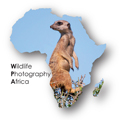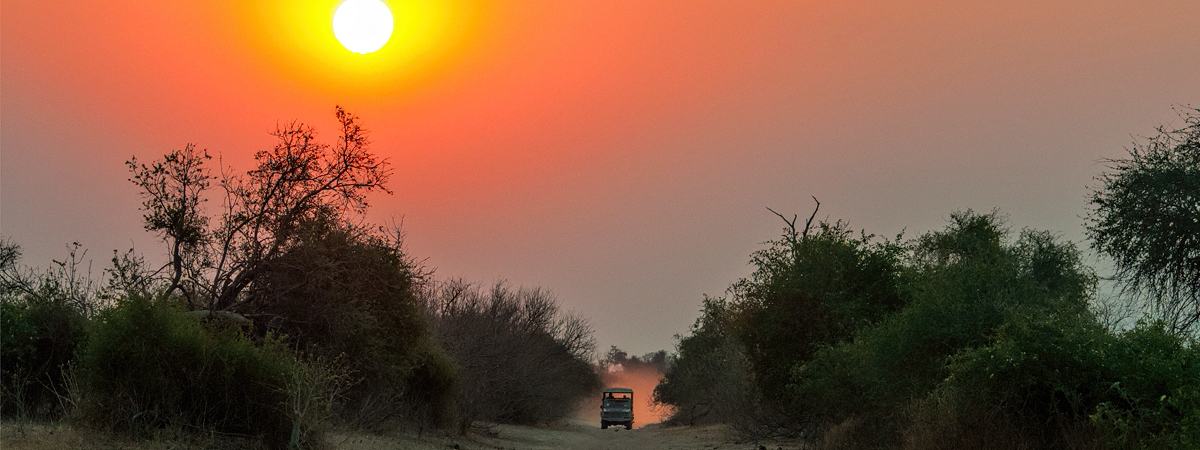Tanzania and Kenya singled out by CITES
TANZANIA is among eight member countries of the Convention on International Trade in Endangered Species (CITES), which have been placed on the list of worst offenders in ivory trade and face ther possibility of trade restrictions.
Tanzania is one of eight countries identified by the Elephant Trade Information System (ETIS) as being of greatest concern with respect to their role in the illegal ivory trade chain. The others are Kenya, Uganda, Philippines, Malaysia, Viet Nam, Thailand and China.
According to a World Wildlife Fund for Nature (WWF) spokesperson; Tanzania, along with Kenya and Uganda, has been given a grace period, during which to implement plans to curb the ivory trade. In Tanzania’s case, the basis of concern is her role as a transit country for large-scale illegal ivory shipments. There is evidence that the consignments either originated in or passed through Tanzania. Only a tiny fraction of the seizures were made within the country.
Poaching a major problem
It should be noted that while Tanzania’s elephant population is one of the largest in Africa, poaching in some areas, such as Selous Game Reserve is a real concern to CITES members. Conservation experts say 70 elephants are killed in Selous on a daily basis, with dealers from China, Thailand, Vietnam and other Asian countries paying 300 US dollars per kilogramme of ivory.
During the grace period, Dar es Salaam will have to submit an action plan to combat illegal ivory trade to CITES secretariat by 15 May and a decision will be made whether sanctions should be imposed or not, depending on the content of the action plan and the steps taken to implement it.
In a statement posted on its website at the end of CITES summit held in Bangkok, Thailand last month, the Geneva based watchdog of endangered species of world fauna and flora, said, “Under CITES rules, failure by those countries to take action would lead to a compliance process potentially leading to sanctions. The treaty allows CITES member states to recommend that parties stop trading with non-compliant countries in the 35,000 species covered under the convention, from orchids to crocodile skins.”
With tourism such an important part of the Tanzanian (and Kenyan) economy surely the government should be taking the matter much more seriously and allocating the necessary resources to tackle the issue.

